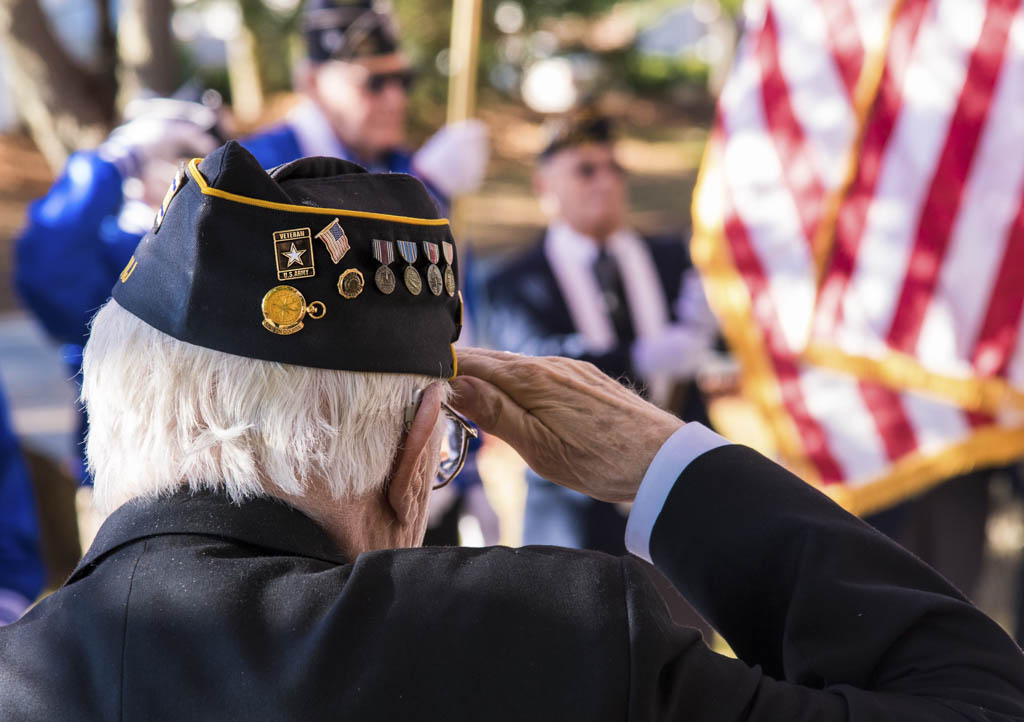I don’t remember the date in the early ’50s, that as part of a U.S. Army team I drove a battle-ready tank off the ramp of a taxiing aircraft in an experimental touch-and-go operation. While that event did have some future significance, it was not as significant as the place where it occurred.
We touched down on a runway at Eglin Air Force Base in Florida. After the activity stopped and all the brass were patting each other on the back, I noticed a white line painted across the runway. I inquired about its meaning.
A local Air Force non-commissioned officer told me it was one of two lines painted across the runway to represent the deck of an aircraft carrier.
“Would it have been the Hornet?” I quizzically replied.
“You are right. The B-25 bombers of Colonel Jimmy Dolittle practiced here for the raid on Tokyo.”
Admiral William F. Halsey from Elizabeth, where my family and I lived during World War II, commanded the Hornet task force. Sixteen of those B-25 bombers were placed on the Hornet and taken to within 800 miles of Japan.
On April 18, 1942, after being spotted by a Japanese fishing boat, Halsey turned the Hornet into the wind and the 16 war birds were launched. It was a one-way flight to bomb targets in Japan, with the hopes of being able to land in a friendly, controlled area of China.
I stood with my eyes transfixed on that last white line; the rear section of the B-25s had scratched out the center of that line as they grabbed for the sky. In my mind’s eye, I could see the spirits of those young airmen straining to get those machines airborne at that line. Did they realize the nature of this mission? Did they realize the personal cost it may involve as they returned our calling card to Tojo?
The Dolittle raid came at a time when Japanese advances in the early part of World War II had a depressing effect on the American public. The success of this raid raised the morale of the entire country to a new level. The dedication of these airmen epitomized the American spirit that would lead us to victory.
All gave some and some gave all.
Richard Pender is the senior vice commander of American Legion Post 459 in North Brunswick. He will occasionally write a historical column for Newspaper Media Group. He can be reached at [email protected].

